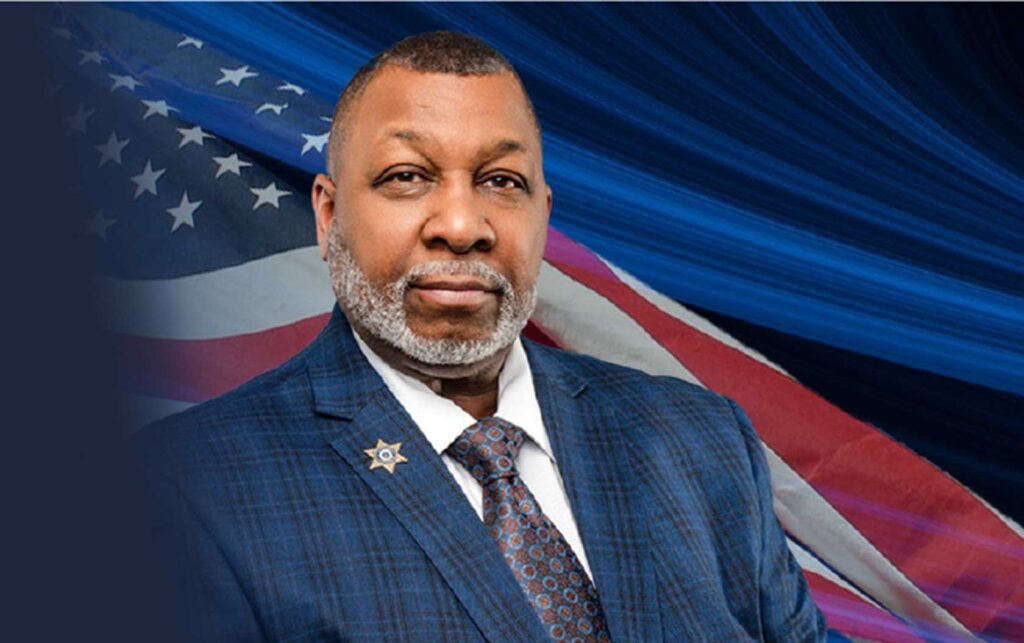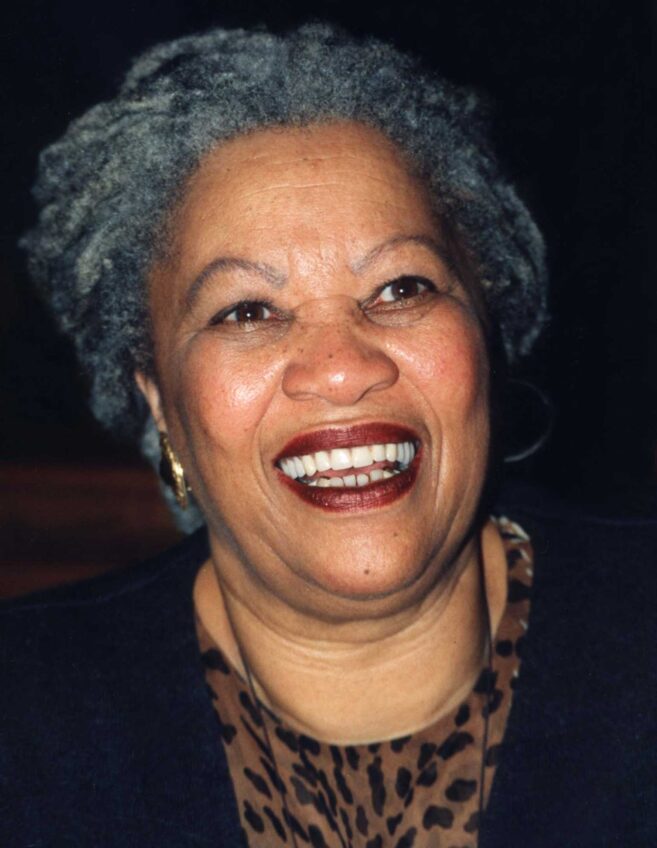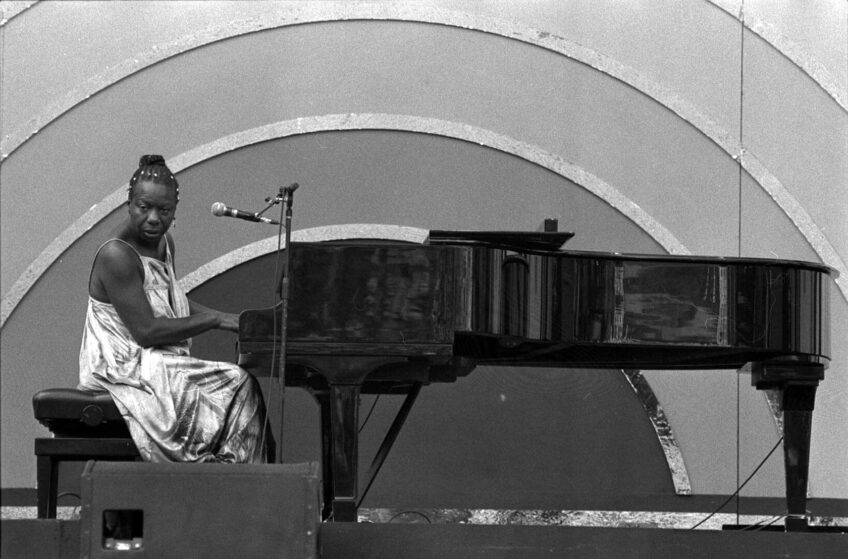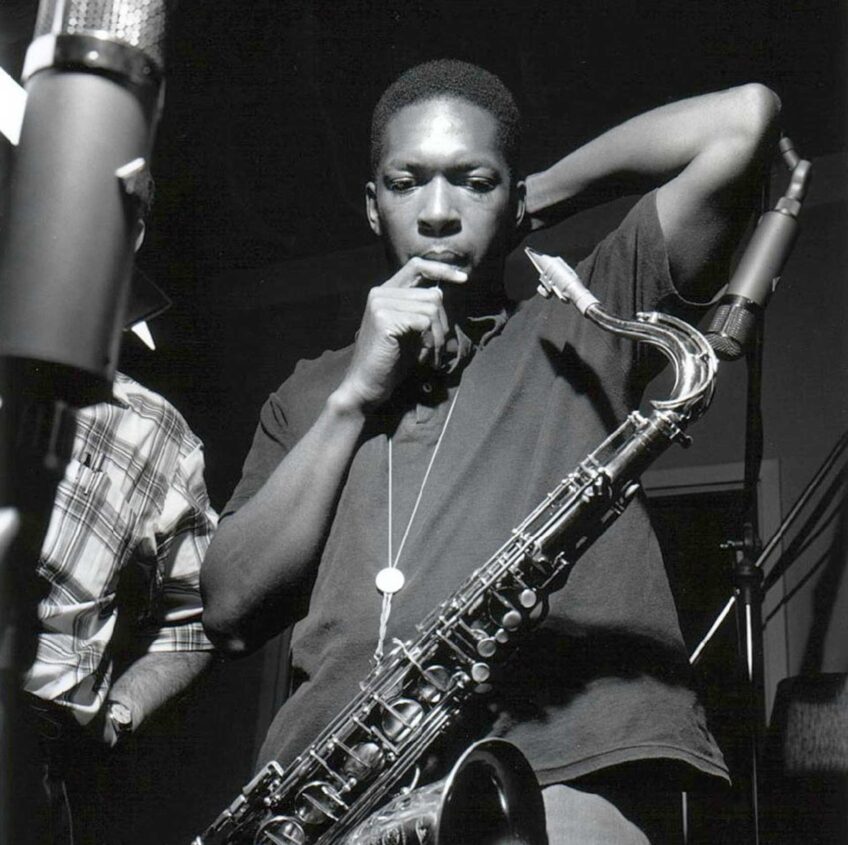
IT TAKES A VILLAGE: ONLY CIVIC KNOWLEDGE CAN SAVE OUR DEMOCRACY
 “If liberty and equality are chiefly to be found in democracy, they will be best attained when all persons alike share in government to the utmost.” ~Aristotle
“If liberty and equality are chiefly to be found in democracy, they will be best attained when all persons alike share in government to the utmost.” ~Aristotle
In last week’s installment of The Intersection, we shed light on the intended workings of our government and touched briefly upon the three branches entrusted by our United States Constitution with carrying out the collective will of the American People.
In this same space, in past weeks, we’ve also explored some of the many and growing challenges that we as a nation face in our struggle to hold on to the democracy that we’ve come to know over the past two-plus centuries. Our current administration has attempted to rewrite many of our constitutional laws and protections through a steady stream of executive orders, even as an equally prolific flow of legal challenges have risen to meet them, leveled by a collection of courts and concerned consumer organizations working to try and stem the tide.
Our way of life, with its generally accepted societal norms and expectations, has been stressed and strained unlike that of any other time in recent history, resulting in a spreading anxiety and uncertainty about what our collective and individual short- and long-term futures have in store.
But, how did we get here? And, more importantly, how do we find our way back?
At the risk of oversimplifying what is a deeply complex issue with a multitude of contributing factors, there is one word, one topic that resonates, both as the contributing factor and the solution: “Civics.”
By most descriptions, a civic education includes the “understanding of United States government, constitutional systems, history, and politics,” lessons that are deemed essential to the nurturing and maintenance of our democracy. And, by most accounts, in numerous studies and reports by many qualified educational institutions, it is a critical tool that we as a nation are failing to provide to our citizens.
Ironically, the decline of civics from our classrooms — and, in some cases its outright elimination — appears not to be part of some evil, nefarious plot designed to weaken our democracy, but an innocent-if-misguided attempt to catch up to a world that appeared to be leaving us behind academically.
Following the Soviet Union’s successful launch of the world’s first satellite, Sputnik, in 1957, a kind of educational arms race began. With math and science receiving renewed, intense focus, often at the expense of important developmental studies like art and music, alarmingly, it also inadvertently removed one of the largest foundational stones from our nation’s bedrock.
Civics teaches about democratic norms and expectations, encourages voting, community participation, and volunteerism. A civic education teaches critical thinking, how to effectively engage with our elected officials, the skills of negotiation and public discourse, and grants a working knowledge of not only our political and economic systems, but also those of the world. Any diminish-ing of access to these crucial teachings in our schools is a diminishing of our democratic society by extension.
Unsurprisingly, according to numerous studies by such trusted and learned institutions as the Annenberg Public Policy Center, PEW Research Center, the Brookings Institute, and the National Assessment of Educational Progress (NAEP) — to name only a few from a vast field of research published over time — we are already greatly diminished.
With fewer than half of all American adults able to name the three branches of government and only five percent able to correctly name all five of their First Amendment rights (Annenberg Constitution Day Civics Survey, 2022, ‘23), we are diminished. With more than 70% of Americans failing a basic civic literacy quiz with fewer than fifty percent of Americans able to give the correct number of Congressional members or Supreme Court Justices (U.S. Chamber of Commerce Foundation, 2024) we are diminished. And worse, we are vulnerable to the manipulations and machinations of those who understand this. As many along the way have noted, it is hard to fully participate in or support something you don’t understand.
But, as dire as things might seem to some of us, all is far from lost. To the contrary, there are studies that show that the teaching of civics in our schools has bi-partisan appeal. There is more scrutiny by educational organizations about the disparate impact that standardized testing has had on the value of a more well-rounded education. The removal of civic education from our schools has drawn increased attention by scholarly and political institutions alike.
Though far from perfect, this Constitutional republic has remained in a constant state of evolution as we, its citizens, have sought to make good on its promise, working to “form a more perfect union” for every person “from sea to shining sea.” As former Supreme Court Justice Sandra Day O’Connor once stated, “citizens aren’t born, but made.”
If it takes a village to raise a child as the oft-quoted proverb states, then it takes a nation of civic stewards to uphold the ideals outlined in our Constitution.






